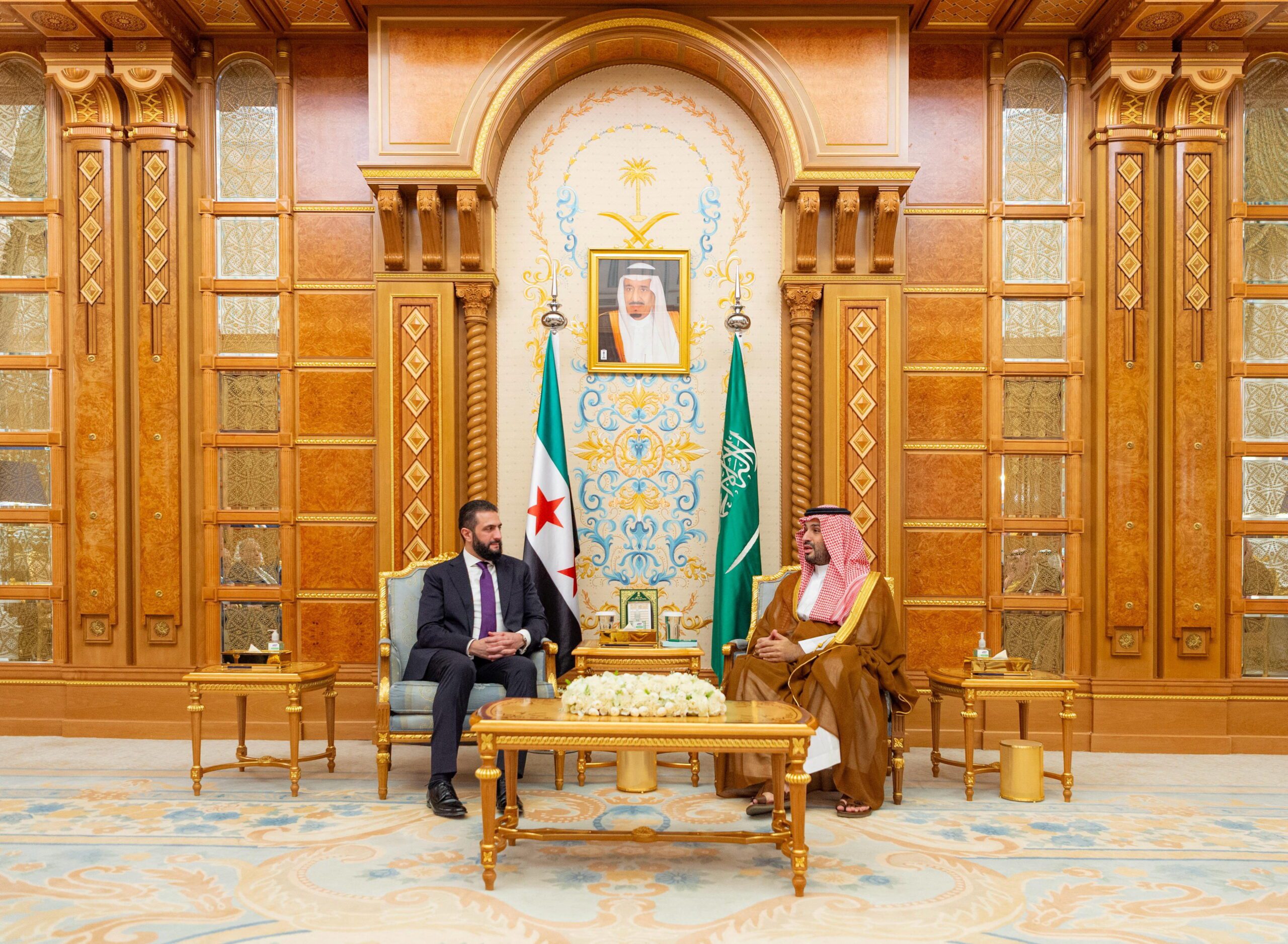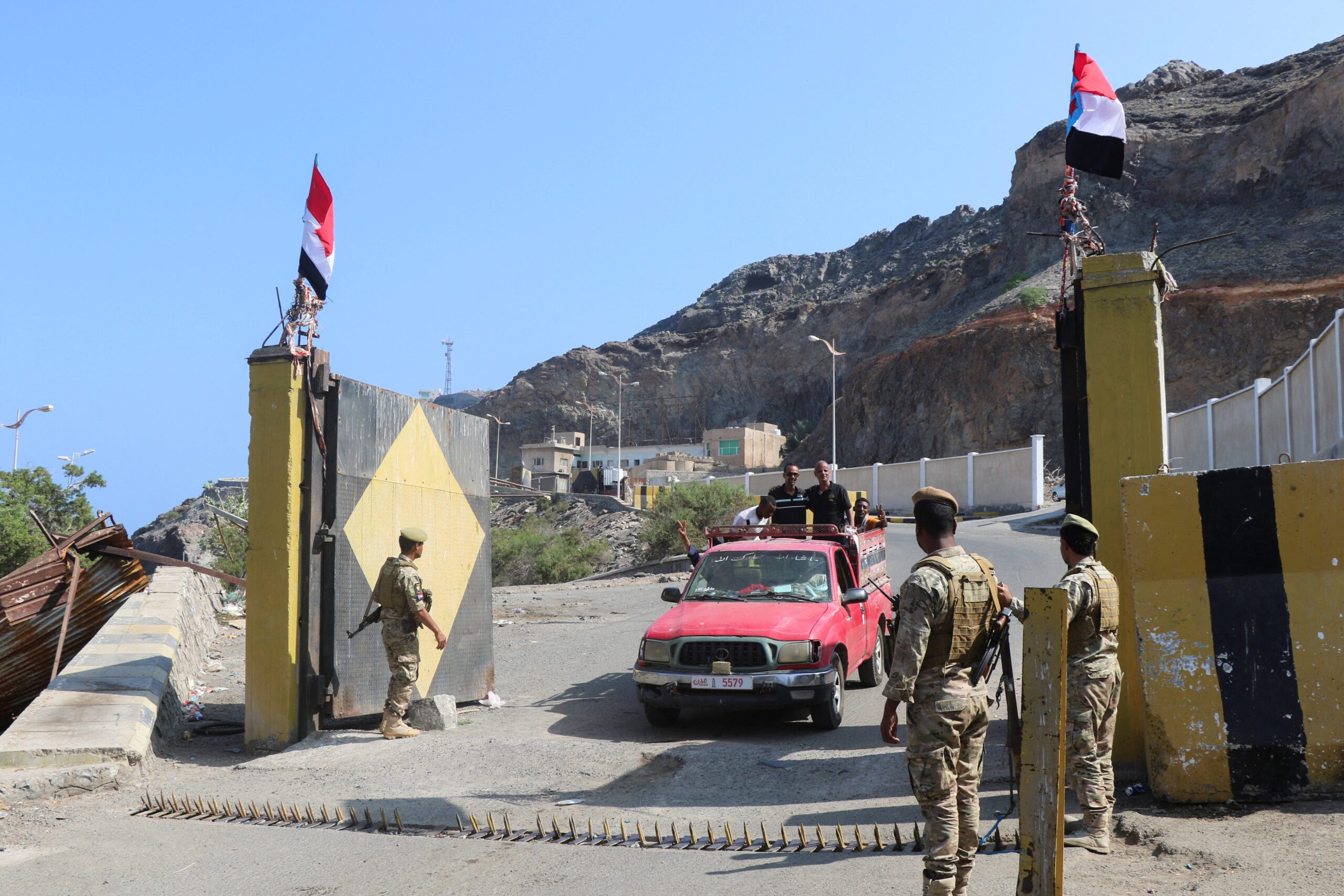May 4, 2015
As the nuclear deal shows, the old order is changing
Is the United States really willing to use military action to stop Iran from acquiring a nuclear weapon? Under Barack Obama that has been the oft-repeated US policy, but several developments allowed the question to fade into the background. Progress in nuclear negotiations with Iran, particularly the recently announced framework, has created an atmosphere of...

Is the United States really willing to use military action to stop Iran from acquiring a nuclear weapon? Under Barack Obama that has been the oft-repeated US policy, but several developments allowed the question to fade into the background.
Progress in nuclear negotiations with Iran, particularly the recently announced framework, has created an atmosphere of peaceful resolution and dimmed the prospect of conflict over them.
This has been compounded by the administration’s risk-averse attitude towards the use of force in the Middle East. Above all, the sudden reversal in 2013 on Syria’s use of chemical weapons calls into question the American willingness to use force, even when there is an explicit policy in a specific case to do precisely that.
This week, US vice president Joe Biden resurrected the question by insisting that “we’re prepared to use … force”, and “if required, it will happen. It is a risk that we may yet have to take should Iran rush to a bomb”. Ash Carter, the US defence secretary, and Josh Earnest, a White House spokesman, both repeated the point.
How seriously should we take it? If negotiations collapsed and Iran began sprinting towards a bomb, the Obama administration would undoubtedly feel compelled to act. But that’s not likely to happen. Despite the many problems with the framework – for instance that it doesn’t really seem to exist on paper or that American and Iranian officials completely disagree on key provisions, including lifting sanctions – it’s likely some agreement will be reached.
If it isn’t, Iran’s response will almost certainly be cautious enough not to prompt an American attack.
Neither side relishes the idea of a conflict and they will certainly be able to avoid one, at least until the end of the Obama administration.
Even if there is an agreement, the question doesn’t go away. On the contrary, it then becomes the only real issue left.
Almost everyone agrees that if there is a deal, Iran would face few practical obstacles to progressing its nuclear programme in the not too distant future. Indeed, a central claim of the administration is that, as Mr Biden put it: “Iran could get there now if they walked away in two to three months without a deal.” An agreement, US officials insist, for 10 or 15 years would keep Iran at least one year away from nuclear power status.
But after that, it would appear that only American force would effectively prevent Iran from going nuclear, if even that would work.
The framework agreement’s main virtue, according to its advocates, is precisely that it buys time. They like to speculate about how different Iran might be in 10 or 15 years – and then perhaps either wouldn’t want a bomb or have become much more trustworthy – even though it hasn’t changed much in the past 35 years.
What they don’t say, but is nonetheless obvious, is that this will kick the can so far down the road that even Mr Obama’s first, and possibly his second, successor wouldn’t be confronted with the problem. So, in fact, there is really no way of knowing how seriously to take the idea that the United States is committed to using force if necessary to prevent Iran from becoming a nuclear power.
From an American point of view, especially 10 years from now, containment could be preferable to conflict. After all, North Korea has been successfully contained. Why not Iran?
But America’s Arab allies don’t look at it that way. They aren’t that worried about Iran using nuclear weapons. They worry more about a dominant Iran using its nuclear status, or even a rapprochement with the United States, to flex its muscles in a new and assertive manner.
The American calculation and that of its Arab allies used to appear quite compatible. But they are looking increasingly divergent. Gulf Cooperation Council states will be going to a summit with the Americans in mid-May. At this stage, how much confidence do they retain that the United States would use force in a decade or more to stop Iran from becoming a nuclear power – or even that a nuclear agreement wouldn’t greatly strengthen Iran’s regional hand right away?
Their original impulse to look for a new security arrangement involving an American nuclear umbrella has been nixed. They know they’re not going to get that. So instead they’ll be looking for extensive weapons sales and a new level of military technology transfer to give them a qualitative military edge. They will also be looking for the United States to act to help counter Iran’s growing influence in the Arab world through proxies in countries like Syria, Lebanon, Iraq and Yemen.
But it’s unclear what, if anything, they will get, besides tea and sympathy. They may merely be offered promises that the United States will remain willing to use force to keep Iran from becoming a nuclear power, and reassurances that Washington remains opposed to an expanded Iranian role in the Middle East. If so, their determination to look beyond simply relying on an alliance with the United States for their security will surely be intensified.
This article originally appeared in The National.
The views represented herein are the author's or speaker's own and do not necessarily reflect the views of AGSI, its staff, or its board of directors.































